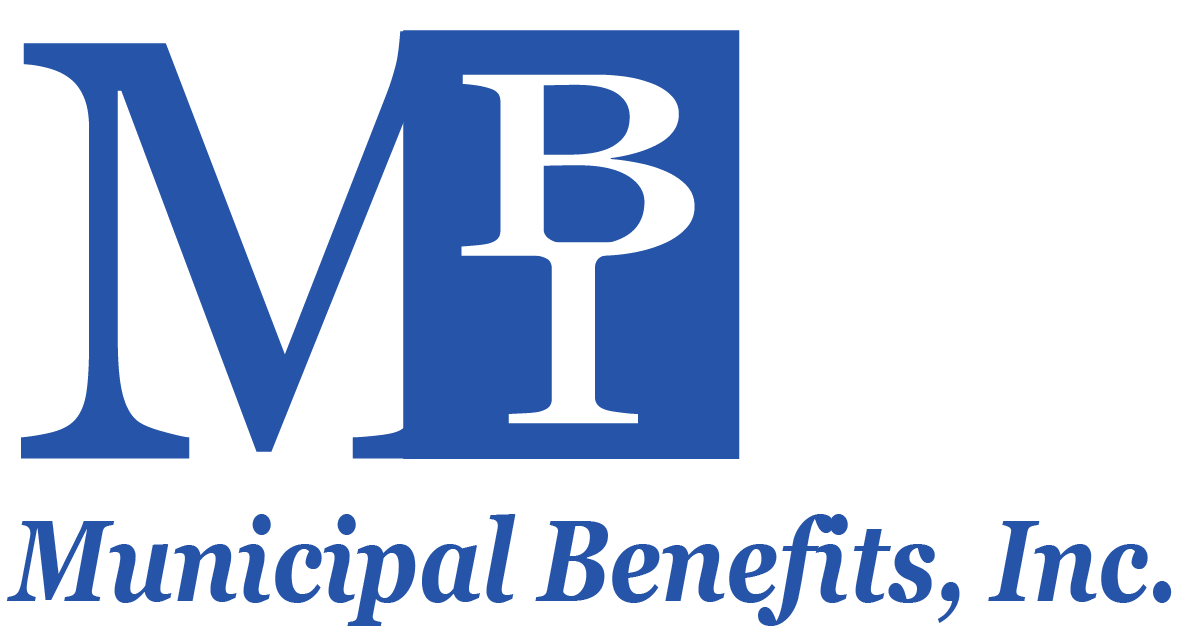Harris Winston | Sep 11 2025 13:00
Understanding Financial Wellness Through Insurance
Maintaining financial wellness is a goal for many, especially for public sector employees who often balance modest salaries with significant responsibilities. Insurance plays a vital role in this equation, providing security and peace of mind across life's unpredictable events. As we navigate different life stages, our financial needs evolve, highlighting the importance of strategically chosen insurance plans such as life and disability insurance to ensure lasting financial wellness.
The Importance of Life Insurance
Life insurance is a cornerstone of financial planning. It provides a financial safety net that supports your loved ones in the event of your untimely passing. For municipal and public sector employees, taking advantage of group term life insurance can be a cost-effective way to secure substantial coverage. Young employees in their twenties may not see the immediate need, but as they enter their thirties and start families, life insurance becomes crucial for protecting dependents. Finally, as empty nesters, reassessing life insurance helps ensure that any remaining financial obligations or legacy planning needs are covered.
Disability Insurance as a Financial Safety Net
Disability insurance is an often-overlooked component of financial wellness. It safeguards your income if you become unable to work due to illness or injury. With statistics indicating that one in four 20-year-olds will experience a disability before retirement, this coverage is not just optional but essential. Disability insurance provides peace of mind, allowing you to focus on recovery without the additional stress of lost income. For public sector employees, having both short-term and long-term disability policies can offer a comprehensive safety net that adapts to various situations.
Evolving Insurance Needs Across Life Stages
Our insurance needs change significantly as we progress through life. In your twenties, keeping costs low with basic coverage might be your priority. As you move into your thirties and start a family, the focus should shift to comprehensive life and disability insurance covering new responsibilities. Finally, as you become an empty nester, reassessing your policies ensures they reflect your current lifestyle and financial status while preparing for any unexpected health issues.
Conclusion: Insure Your Financial Future
Public sector employees can achieve robust financial wellness through strategic insurance planning. By understanding and adapting to changing insurance needs over time, you can protect yourself and your family, securing a stable financial future. Always consider consulting with an insurance advisor to tailor a plan that meets your unique circumstances.
